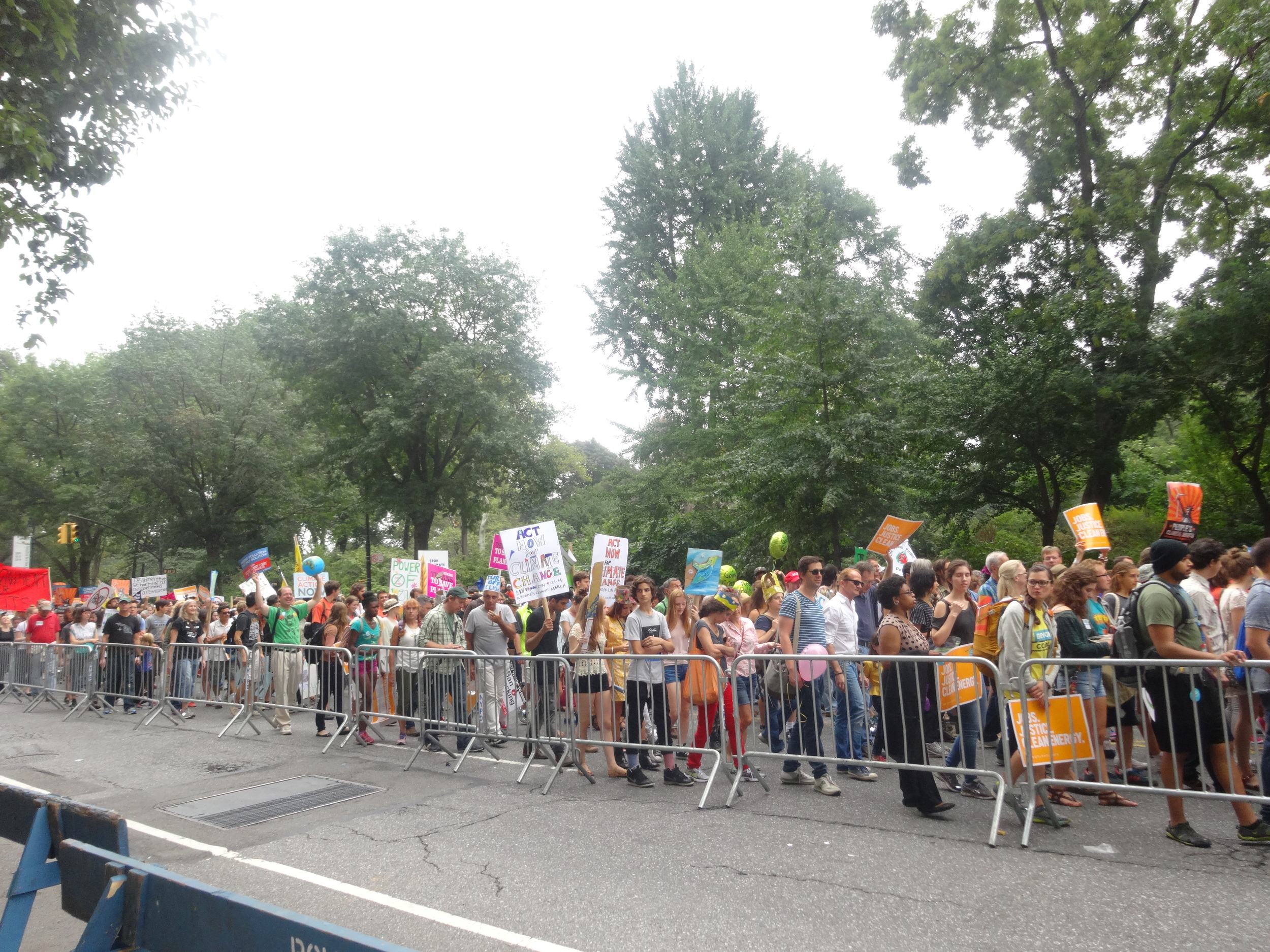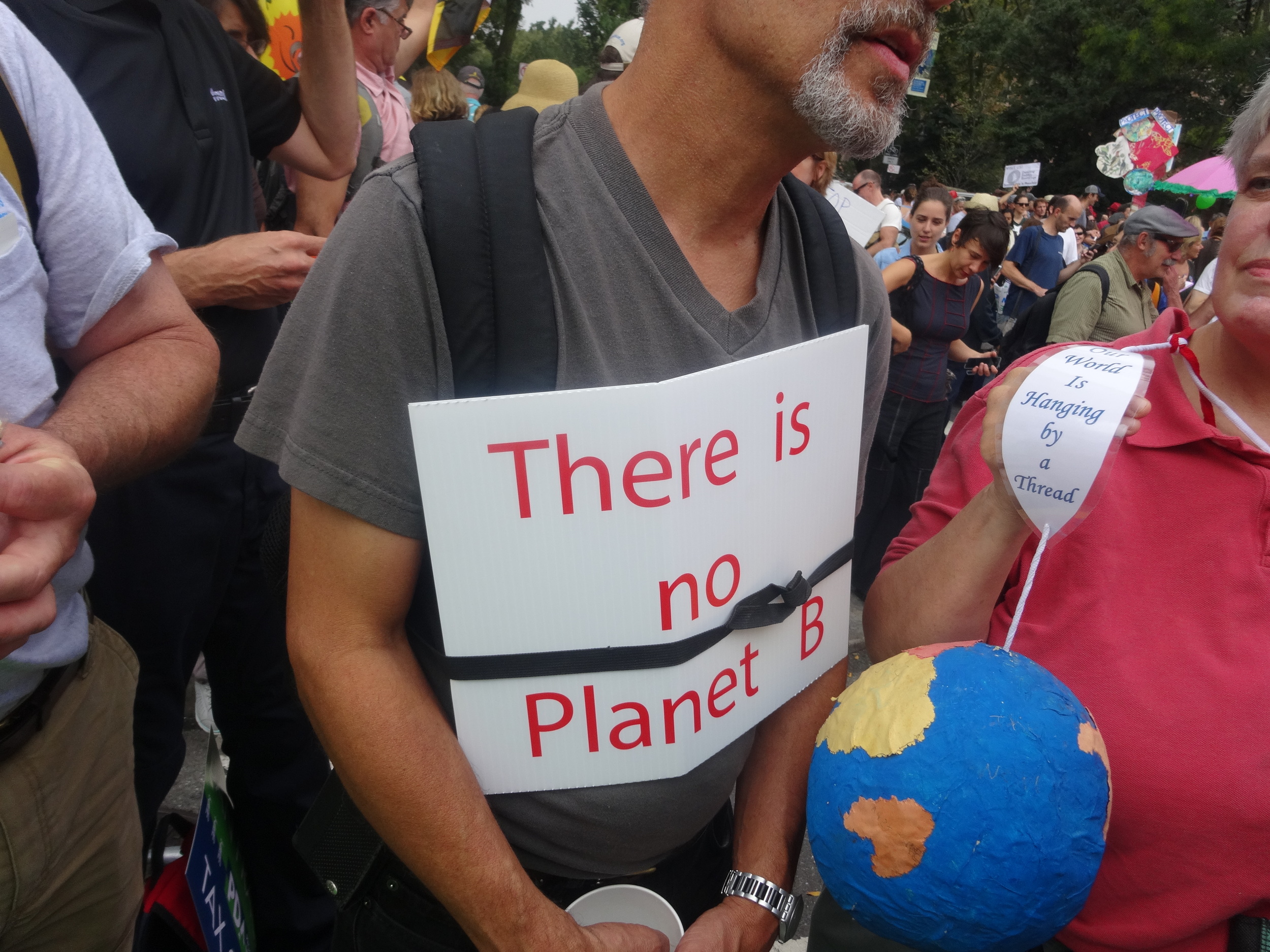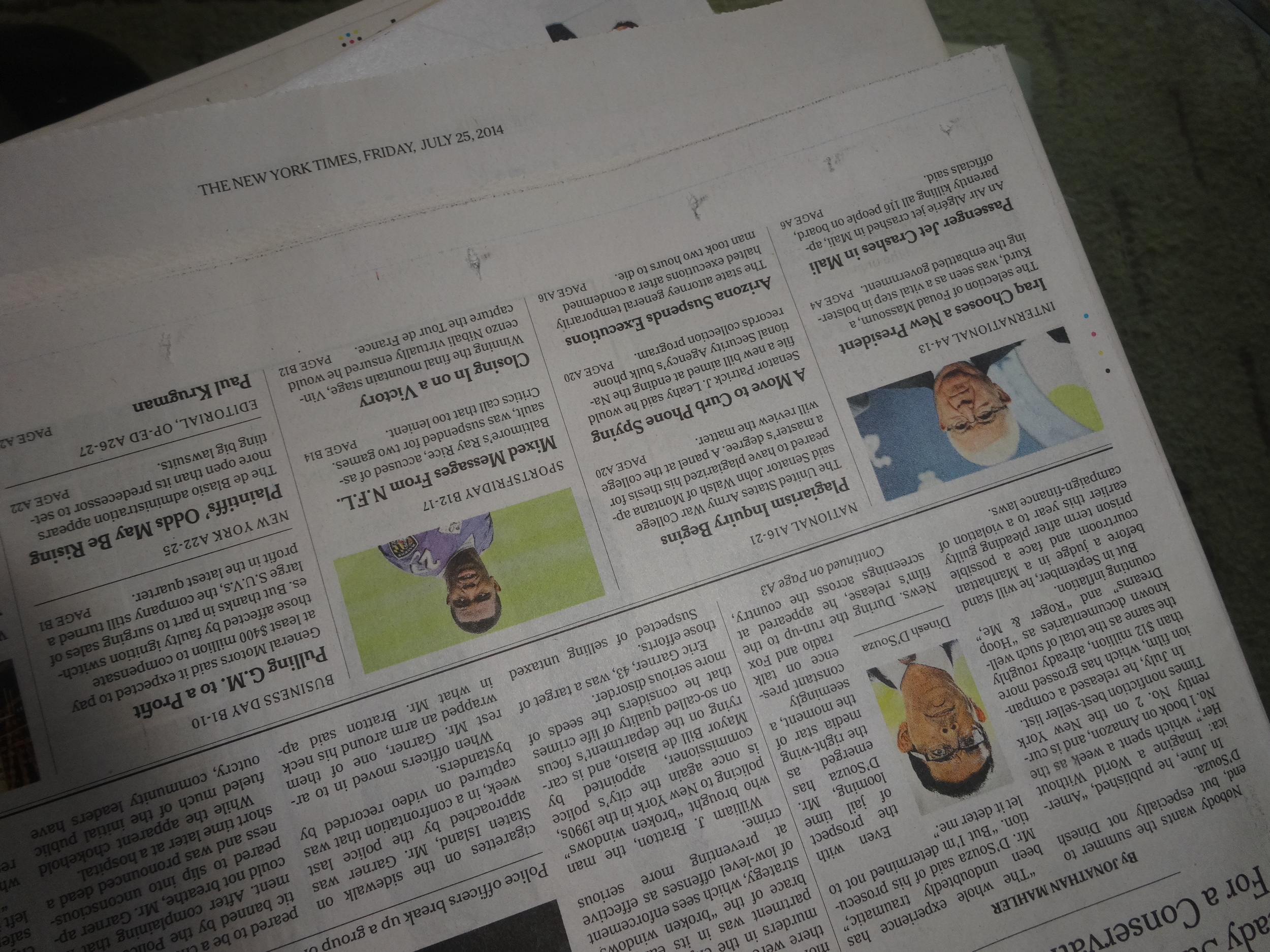 As a parent I know the predicament. Daughter on a screen again? Son on a screen again? "Read a book, go outside, do something else than this endless screen staring." Nag nag nag - and "When we were kids our mother sent us out after breakfast and we didn't come home until dinnertime," or something like that.
Fact #1: Times have changed. I used to spend hours occupying the one and only family phone speaking with my friends. Now, this happens on screen or on cell, and both are often the same device. We all wrote our homework by hand and handed a paper copy in. Now, the kids write their homework on screen and send it to their teacher via Google Docs. I used to look up recipes in a cookbook. My daughter looks them up on her cellphone and bakes with her cellphone for reference next to the stove. We used to go the movies, or rent one. Now the kids download it all. They never have to leave their bed. I still read a paper newspaper and paper books, but who does that anymore?
As a parent I know the predicament. Daughter on a screen again? Son on a screen again? "Read a book, go outside, do something else than this endless screen staring." Nag nag nag - and "When we were kids our mother sent us out after breakfast and we didn't come home until dinnertime," or something like that.
Fact #1: Times have changed. I used to spend hours occupying the one and only family phone speaking with my friends. Now, this happens on screen or on cell, and both are often the same device. We all wrote our homework by hand and handed a paper copy in. Now, the kids write their homework on screen and send it to their teacher via Google Docs. I used to look up recipes in a cookbook. My daughter looks them up on her cellphone and bakes with her cellphone for reference next to the stove. We used to go the movies, or rent one. Now the kids download it all. They never have to leave their bed. I still read a paper newspaper and paper books, but who does that anymore?
 Fact #2: Kids imitate their parents to learn and to feel grown up. And guess what they watch us do all day long? Typing on a keyboard and staring into a screen all day long, checking emails and social apps on our cellphones all day long, watching movies on our tablets at night, reading books on our Kindle readers, and using Google as an encyclopedia anytime and all the time (I love that part). Half of the population walks the streets with their nose in a screen and you hope they won't bump into someone or twist their ankle because they missed the curb. That's what the kids observe. That's what they want to do when they grow up.
Fact #2: Kids imitate their parents to learn and to feel grown up. And guess what they watch us do all day long? Typing on a keyboard and staring into a screen all day long, checking emails and social apps on our cellphones all day long, watching movies on our tablets at night, reading books on our Kindle readers, and using Google as an encyclopedia anytime and all the time (I love that part). Half of the population walks the streets with their nose in a screen and you hope they won't bump into someone or twist their ankle because they missed the curb. That's what the kids observe. That's what they want to do when they grow up.






